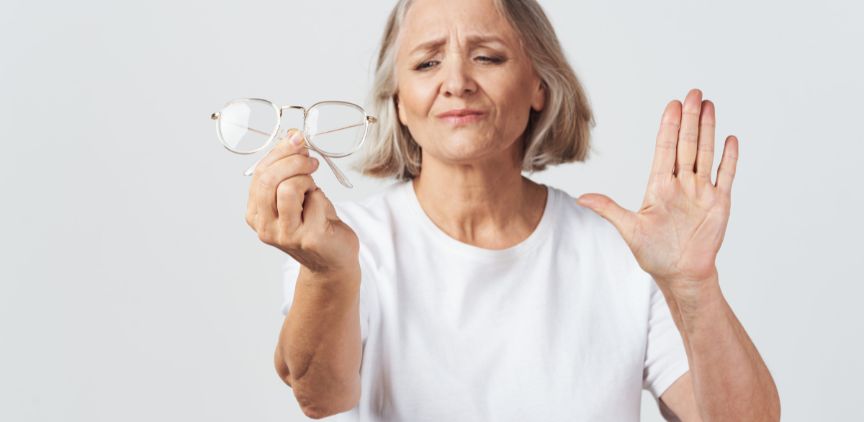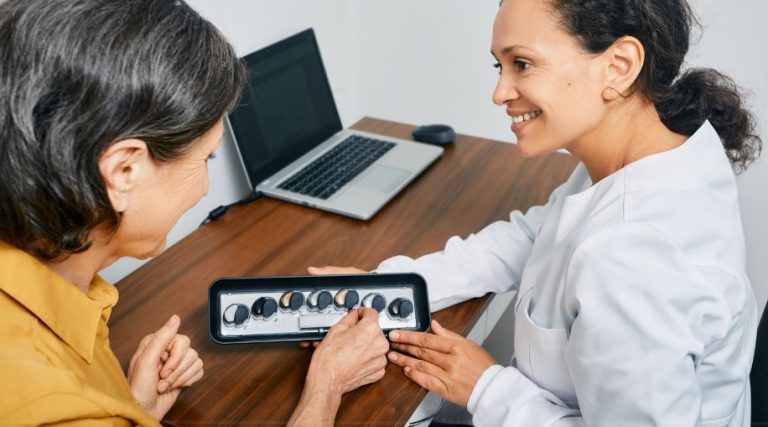A Clearer Vision for the Future
As children, how many of you have been told to eat more carrots to improve your vision? Have you ever wondered if there is even a nugget of truth to this statement? According to WebMD, this is a fact. Carrots are rich in vitamin A, a necessary micronutrient for our vision! If you’re wondering why vitamin A is good for your vision and how to improve your eyesight, keep reading!
Red Light Therapy
Red light therapy is a treatment that involves exposing the body or specific areas to red or near-infrared light. While it has potential for improving vision and reducing redness in the eyes, more research is needed to confirm its effectiveness. It may help with conditions like age-related macular degeneration and retinitis pigmentosa by stimulating cellular processes. Red light therapy could also reduce eye redness by improving blood circulation and reducing inflammation.
Consume Foods Rich in Carotenoids
For ways how to improve your eyesight, think carotenoids. They are important because they help the eye absorb ultraviolet and blue light and improve pigment density in the macula (the part of the eye responsible for our central vision). Examples of carotenoids include lutein and zeaxanthin.
Foods that are rich in carotenoids include:
- Leafy green vegetables.
- Eggs.
- Tomatoes.
- Carrots.
- Zucchini.
Bump Up that Vitamin A
It is no secret that our body thrives on certain micronutrients. Different micronutrients do different things in our bodies. We’ve already discussed that vitamin A is extremely important in maintaining vision, but vitamin C and vitamin E, as well as zinc, are also essential for how to improve your eyesight because they all help to prevent macular degeneration.
Foods that are rich in these micronutrients include:
- Carrots.
- Red peppers.
- Broccoli.
- Citrus fruits.
- Sweet potatoes.
- Spinach.
- Strawberries.
- Shellfish.
- Red meat.
Don’t underestimate the power of omega-3 fatty acids! We know that these nutrients are important for our hearts and joints. They can also help our eyes, and help during visual development for children. They also help with general retinal functioning. Sources of omega-3 fatty acids are fish, such as salmon and tuna, and nuts, such as walnuts.
Quit Smoking
If you need another reason to quit smoking, improving your eyesight is at the top of the list. Smoking dramatically increases your risk of eye-related medical issues, such as cataracts and macular degeneration.
Fortunately, there is hope. Even if you have been a smoker for years, the effects of quitting smoking can be reaped within the first hours of quitting; this means that your eyes, lungs, and heart can begin to recover, and inflammation will continue to ease.
Get Your Body Moving
We know that regular exercise has a myriad of health benefits. It can improve cardiovascular fitness, muscle tone, and mental health; it may even improve your vision. In fact, according to VeryWellHealth, one study reported that those who got regular exercise were 25% less likely to develop glaucoma.
Regular exercise doesn’t require a complicated gym regimen or working out for several hours per day. It can be as simple as dancing around your home and increasing your heart rate. The most important thing about developing an exercise routine, besides being cleared by your healthcare provider, is finding an exercise that you enjoy and is sustainable.
Manage Other Health Conditions
Sometimes, other health conditions can make vision health worse. Two very common medical conditions (diabetes and hypertension) can wreak havoc on your vision if left untreated.
Diabetes (type 1 diabetes and type 2 diabetes) can lead to diabetic retinopathy when blood sugar levels are left untreated.
Hypertension can lead to hypertensive retinopathy when blood pressure levels are left untreated.
Other medical conditions can also lead to worsening vision. All chronic medical conditions should be treated and controlled to prevent damage to your eyes and other organs.
Go to the Eye Doctor – Do you Need a New Prescription for Glasses or Contacts?
Going to the eye doctor may seem common sense but you should go at regular intervals. It is important to have exams as recommended by your provider. You should be seen sooner if there are changes to your vision.
Buying prescription glasses and contacts online has become increasingly popular in recent years due to the convenience and affordability it offers. Online retailers typically offer a wider selection of frames and contact lenses at lower prices than traditional brick-and-mortar stores. In addition, many online retailers offer virtual try-on tools and home try-on programs, allowing customers to try out frames before making a purchase. However, it is important to ensure that the online retailer is reputable and that the prescription is accurate before making a purchase, to ensure the safety and effectiveness of the product.
If you are having no issues with your vision and have no other risk factors for eye disease, it is recommended to begin vision screenings at age 40 and then every two to four years until the age of 54. Adults between 55 and 64 with no risk factors for eye disease should have eye exams every one to three years, then every one to two years.
When Should You Seek Emergency Care?
It is important to seek care from your eye provider for vision changes. However, certain symptoms may denote a medical emergency.
You should seek emergency care for the following symptoms:
- Sudden blurry vision.
- Eye pain.
- Discharge or pus around the eye.
- Loss of peripheral vision.
- Double vision.
- Diminished vision.

